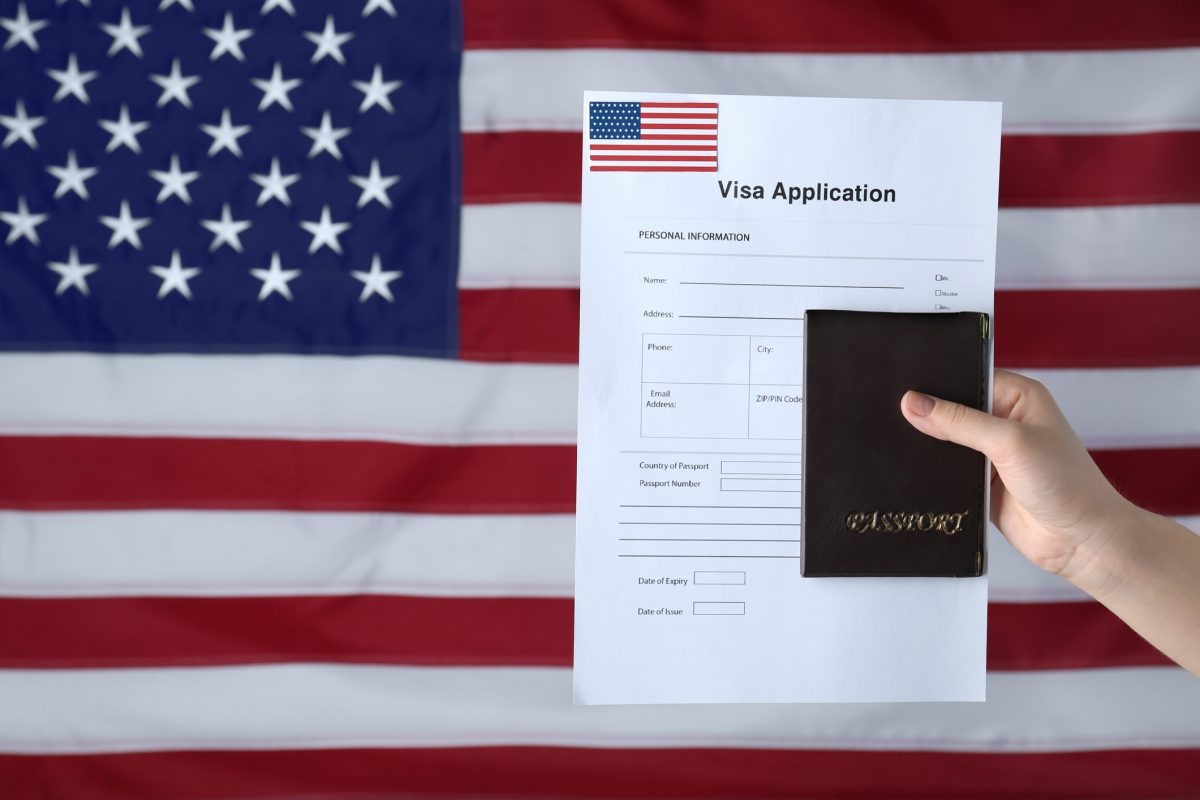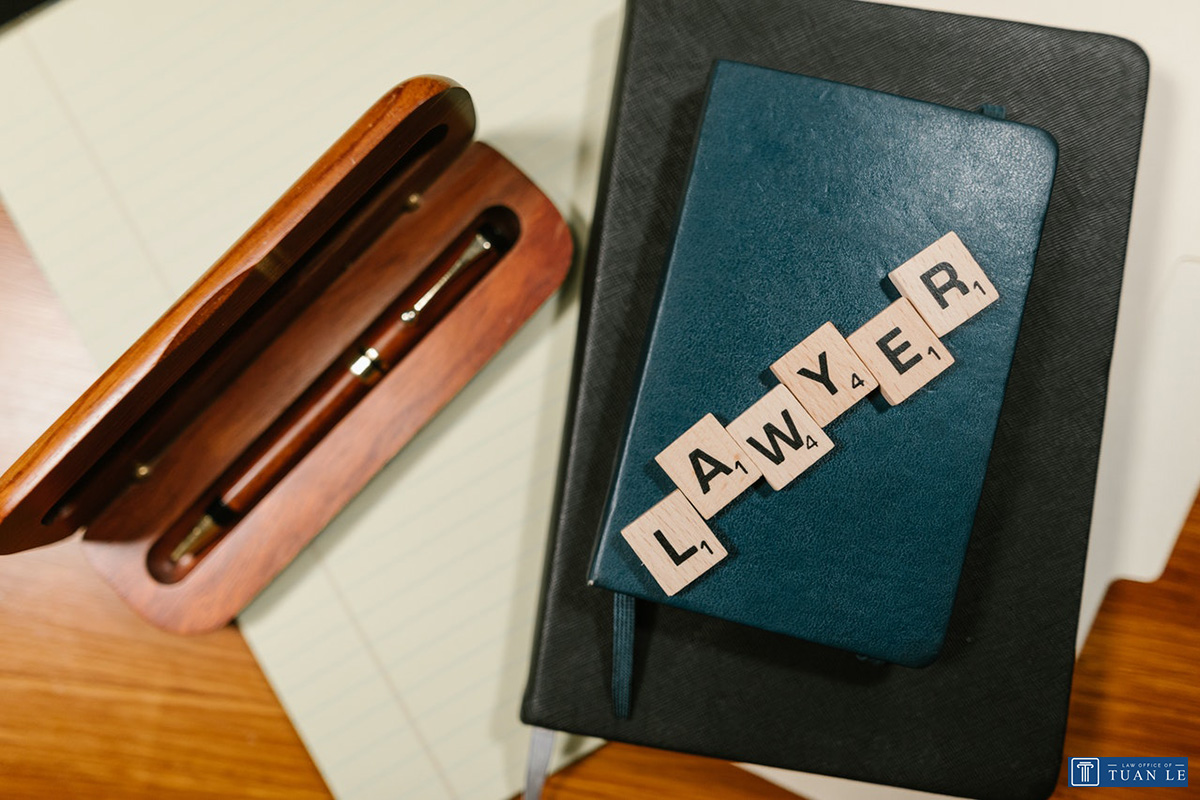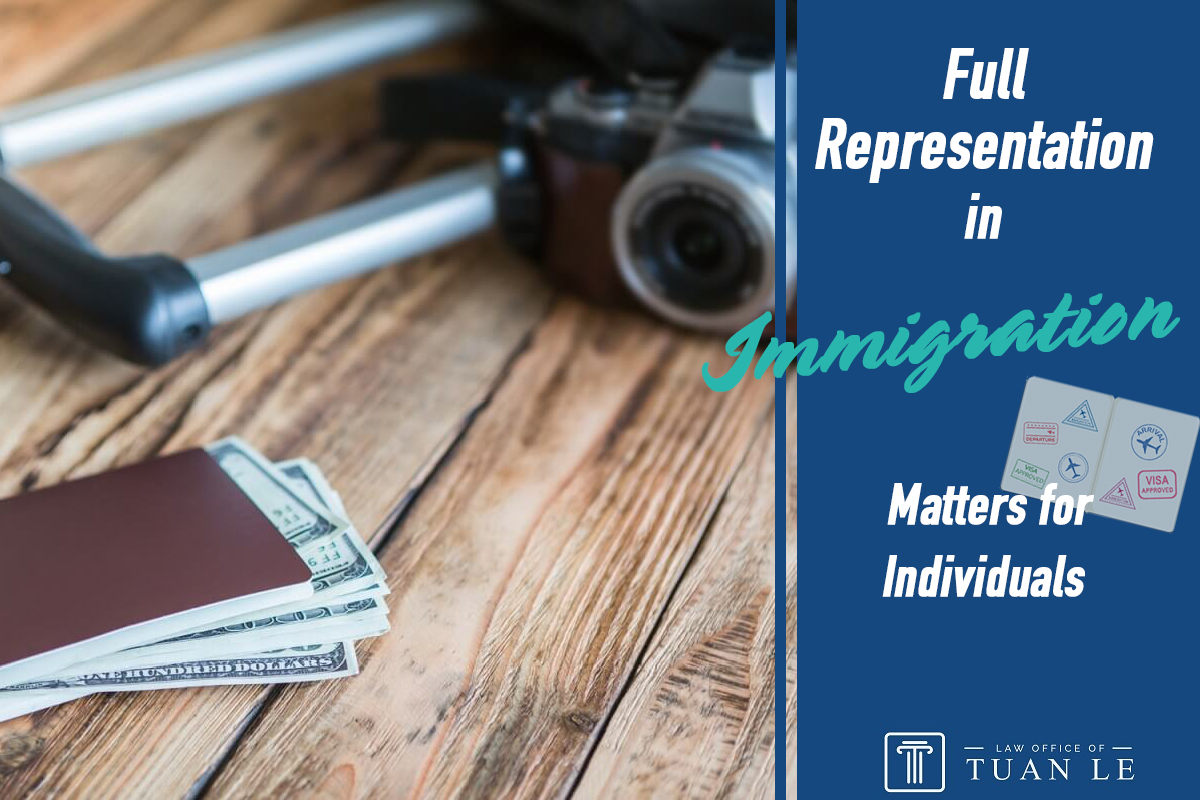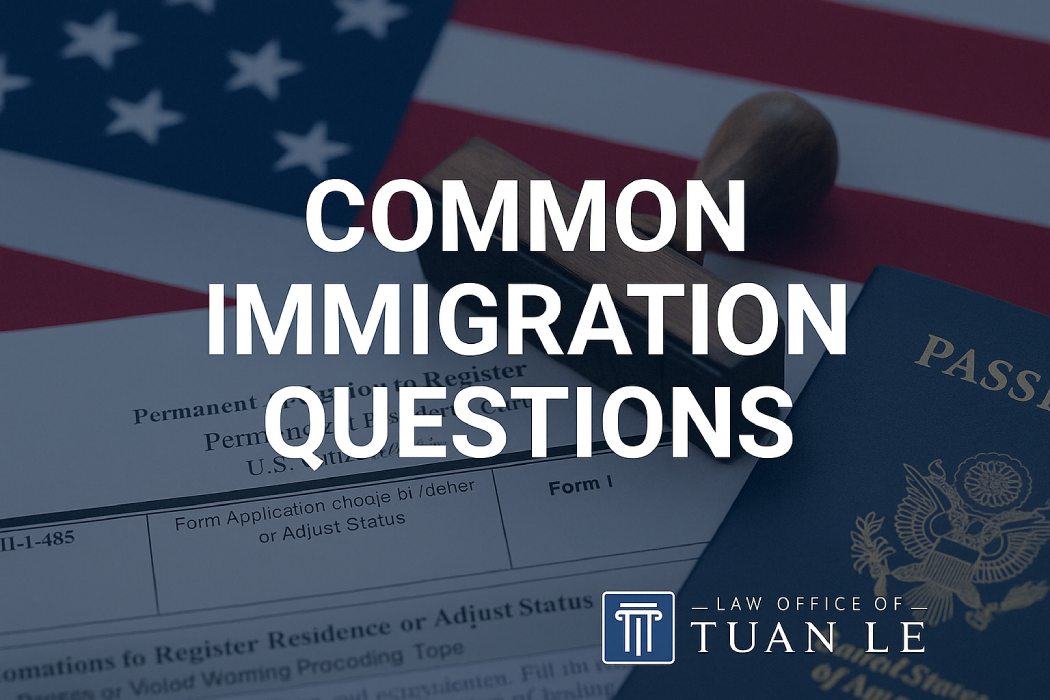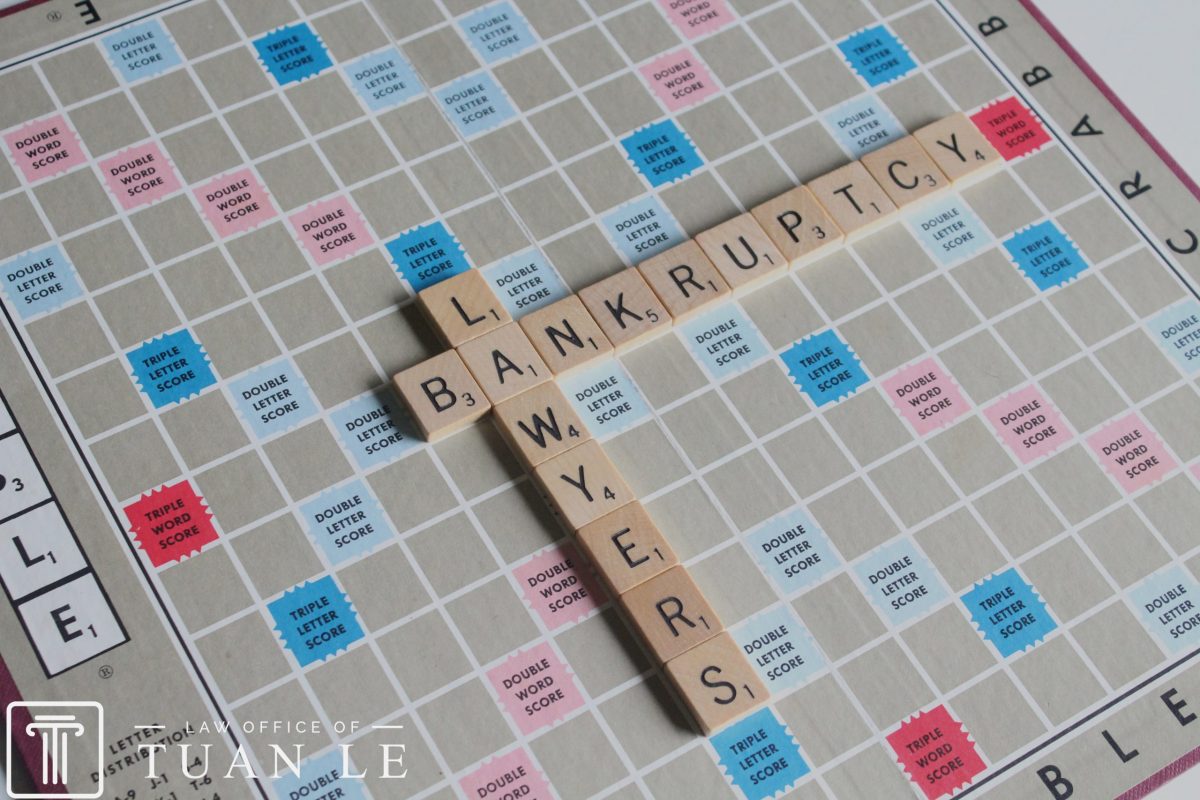If Enacted, How Does the Bankruptcy Reform Bill Change the System for Student Loan Borrowers?
If Enacted, How Does the Bankruptcy Reform Bill Change the System for Student Loan Borrowers?

Bankruptcy Reform Could Finally Allow Student Loan Discharge
On December 9, 2020, Senator Elizabeth Warren (D-Mass.) and House Judiciary Committee Chairman Jerrold Nadler (D-N.Y.) introduced the Consumer Bankruptcy Reform Act of 2020 to overhaul the current U.S. Bankruptcy system. One of the major changes to the bankruptcy code in this reform, if enacted, would be to allow the discharge of student loan debts and treat them the same as other forms of consumer debts such as credit cards and medical bills. It would remove the requirement to prove “undue hardship” which is the current requirement in order to obtain a discharge of the Debtor’s student loan debt.
Previously, these restrictions were applicable to only the federal student loans. Later, with the passage of the Bankruptcy Reform Bill 2005, private student loans were also brought under the ambit.
Some of the highlights and major proposed changes of the Bankruptcy Reform act include the following:
Removal of Credit Counseling
When the last Bankruptcy Reform Act passed in 2005 known as BAPCPA (Bankruptcy Abuse Prevention and Consumer Protection Act of 2005), it required that the filers (Debtors) participate in credit counseling and credit education through a provider approved by the Department of Justice before being granted a discharge of their debts. Many times unrepresented Debtors did not know the process and failed to participate in credit counseling and/or credit education resulting in their case being dismissed without a discharge of the debts, forcing the Debtors to pay a filing fee to reopen the case. With certain exceptions, a discharge can still be entered by the Court without having taken the classes. Under the proposed new rules, filers would not be required to complete the classes before obtaining the bankruptcy discharge.
Doing Away with the Different Chapters of Bankruptcy and Creating a New Chapter 10
The new bankruptcy reform act proposes to replace the current Chapter 7 and Chapter 13 with a new Chapter 10.
Under the current bankruptcy system, Debtors with very minimal monthly disposable income would be able to discharge their debts in a Chapter 7 bankruptcy case as long as they passed the Means Test and their gross income was below a certain amount based upon the size of the household. Debtors who earned more and had disposable income filed Chapter 13 and re-paid their debts to creditors over a three or five year time period depending on the Means Test and their disposable income. In the new Chapter 10, Debtors will be able to file more than one plan, including a Residence plan, a Property plan, and a general repayment plan.
Debtors will Receive Discharge Orders with Making Any Payments

Under the current bankruptcy law, Debtors who filed Chapter 13 would receive a discharge of their debts once they successfully completed their repayment plans. However, under the new bankruptcy system, the Debtor would receive a discharge of their debts immediately instead of waiting to successfully complete their three or five year bankruptcy plan.
Attorney’s can be Paid Over Time
The bankruptcy reform act will allow Debtors to pay their attorney’s over time even after filing their bankruptcy case. In the current system, attorneys are not allowed to collect their fees from their clients who file Chapter 7. This has created a problem preventing Debtors who are unable to pay their attorney’s their fees in full before filing their bankruptcy case.
Student Loans are Dischargeable
The new bankruptcy reform act proposes to allow both Federal and private student loans to be discharged in bankruptcy. Currently, these loans are very difficult to discharge since Debtors must prove in a lawsuit against the lender in the bankruptcy case that the Debtor cannot afford to repay the loan and that repayment of the loan will create an undue hardship to the Debtor.
Do You Have More Questions?
If anything is not clear or you have queries in regard to the proposed changes to the bankruptcy rules, head straight to the Law Office of Tuan Le, located in Orange, CA. We offer expert legal assistance and build strategies for individuals and families who want aggressive and personalized representation in the area of bankruptcy, immigration, and estate planning. If you are crushing under student loan debt, schedule your consultation now and find out how we can help you.
The information provided on this page or article does not, and is not intended to, constitute legal advice; instead, all information, content, and materials available on this this page or article are for general informational purposes only. Information on this this page or article may not constitute the most up-to-date legal or other information.
Readers of this this page or article should contact their attorney to obtain advice with respect to any particular legal matter. No reader, user, or browser of this this page or article should act or refrain from acting on the basis of information on this site without first seeking legal advice from counsel in the relevant jurisdiction.
By Tuan Le|February 13th, 2021|Comments Off
About the Author: Tuan Le
Are you dealing with an immigration issue or planning to file for bankruptcy? Mr. Tuan Le is an expert attorney who offers representation in all these areas.

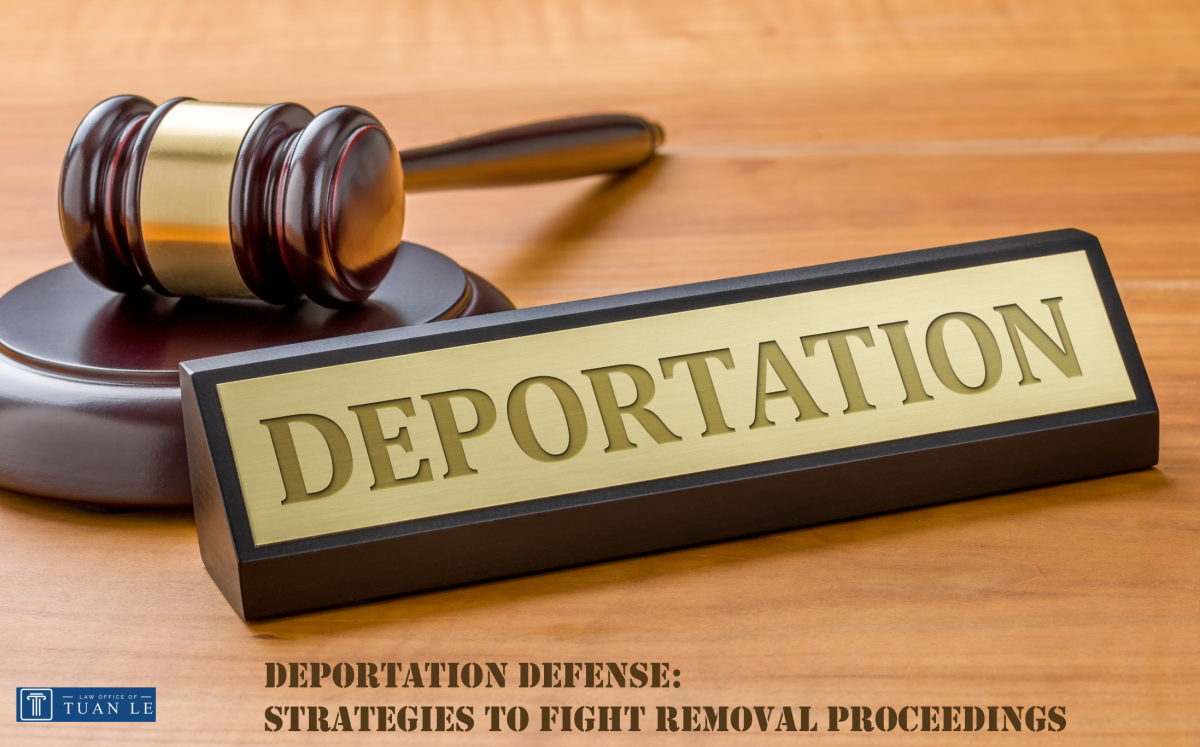

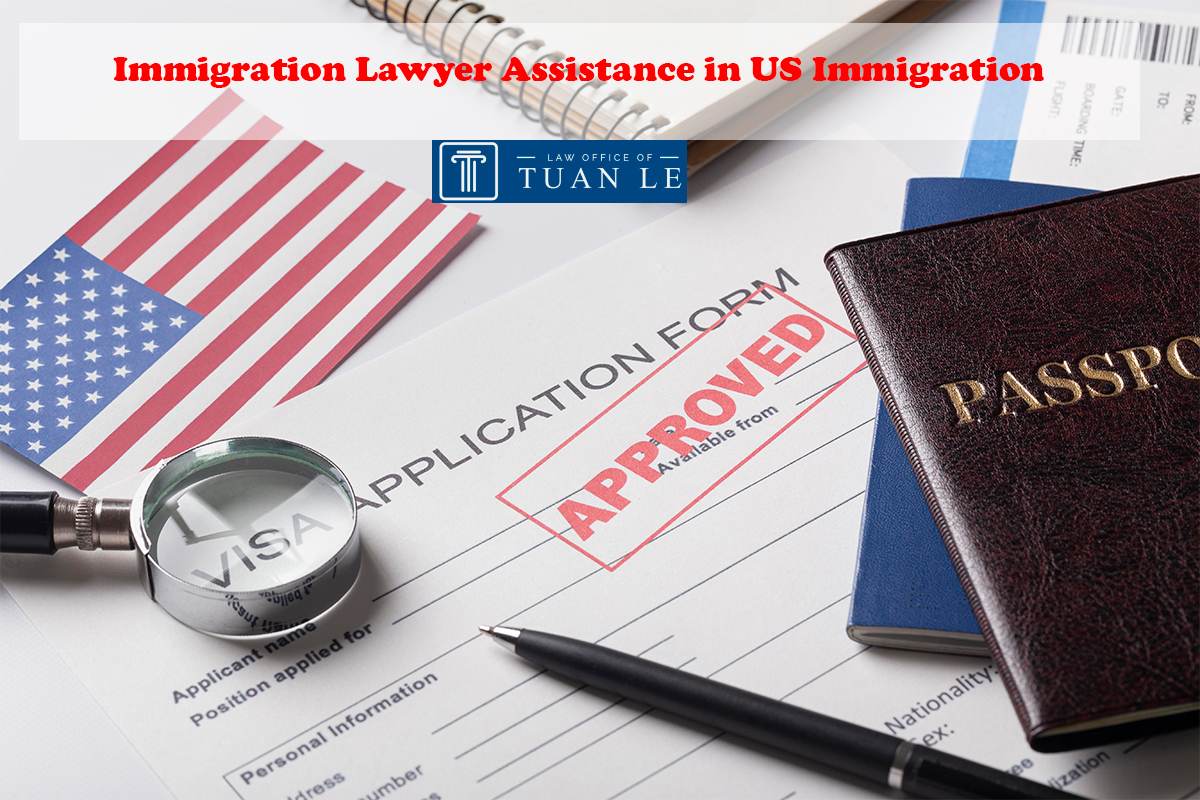
.jpg)
.jpg)
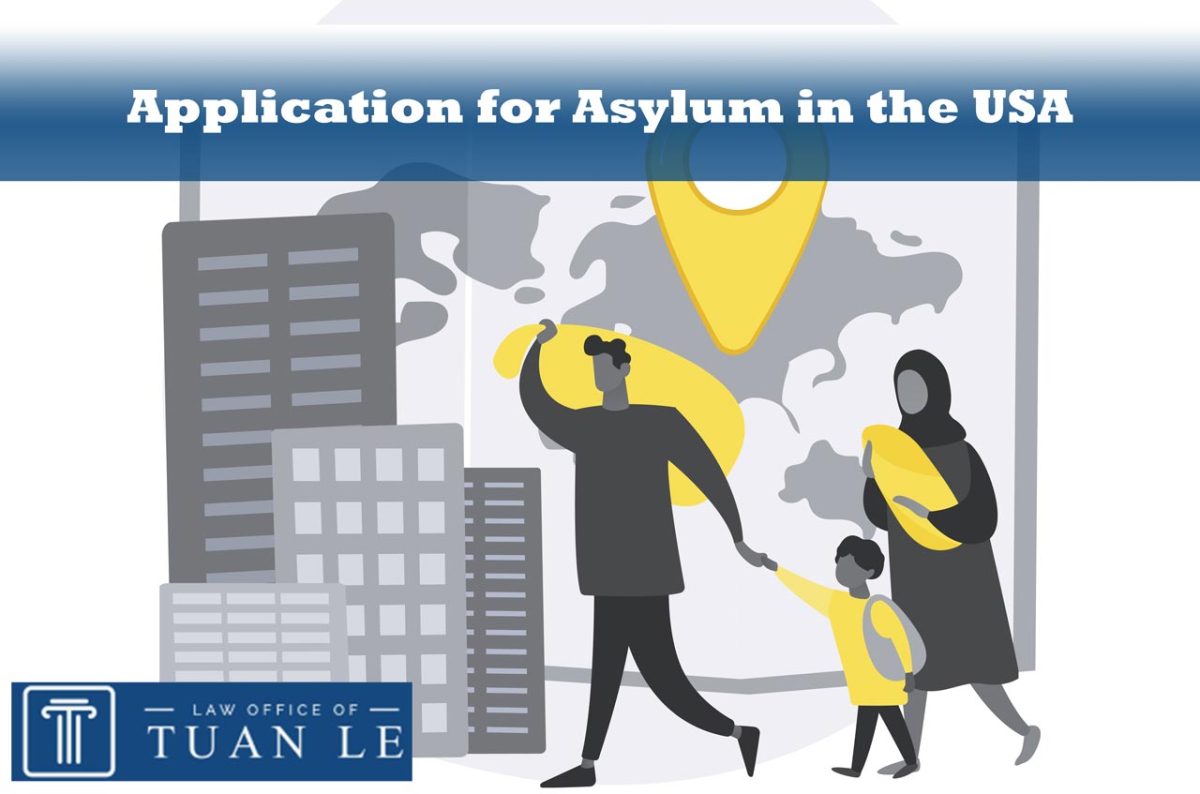
.jpg)
